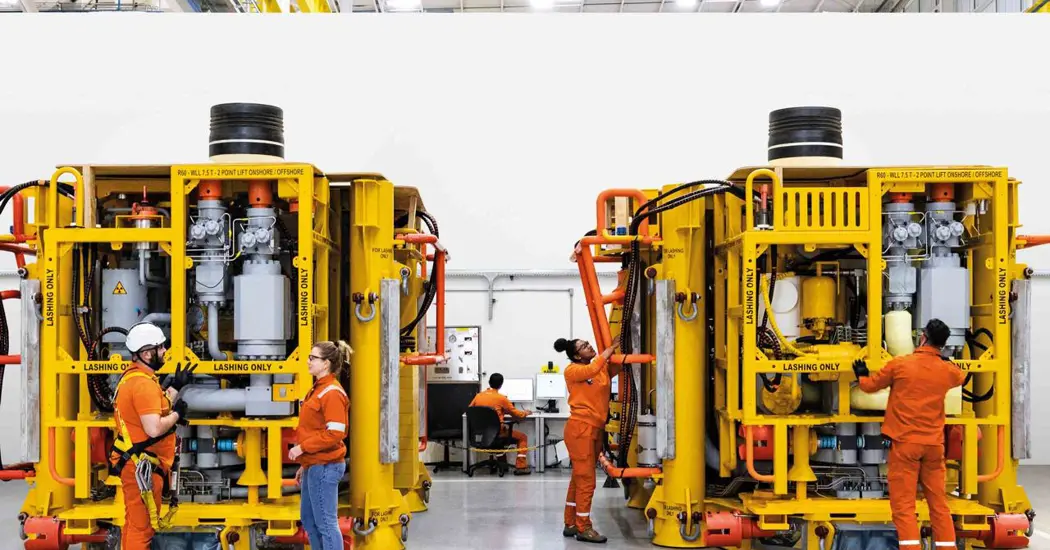SLB OneSubsea wins Northern Lights phase two CO2 injection contract
SLB has announced that its OneSubsea joint venture has secured an engineering, procurement and construction (EPC) contract from Equinor for a CO2 subsea injection system for the Northern Lights phase two project offshore Norway.
The contract award follows a final investment decision by Northern Lights' owners TotalEnergies, Shell and Equinor, made after securing a commercial agreement with an end-use customer. This marks a decisive milestone for the adoption of carbon capture and storage (CCS) technology at scale.
SLB OneSubsea's scope encompasses two new satellite subsea CO2 injection systems with associated tie-in equipment. Work has already begun, with first deliveries anticipated in 2026. The award builds on the successful delivery of two subsea injection systems for the project's first phase in 2023.
Northern Lights forms part of the world's first open-source, full-scale value chain for CO2 capture, transport and storage services. The second phase will substantially increase current capacity from 1.5 million tonnes to a minimum of 5 million tonnes of CO2 per year. The expansion is also supported by a grant from the Connecting Europe Facility for Energy (CEF Energy) funding scheme.
Mads Hjelmeland, CEO of SLB OneSubsea, emphasised the advantages of Equinor's commitment to subsea standardisation. "By utilising standardised components, we achieve reduced risk and economies of scale, which enhance both traditional and innovative subsea projects," he said. "The Northern Lights project is pivotal for Europe's path toward net-zero emissions, and it is well aligned with our own strategy to expand the frontiers of subsea for a sustainable energy future."
In May, Northern Lights received confirmation that all required permits are in place to begin injecting and storing CO2 in the Aurora CCS licence in the North Sea. Phase one development is complete and fully booked, ready to receive CO2 from industrial customers. Operations are scheduled to commence in the second half of 2025.
The project represents a significant advancement in demonstrating the commercial viability of large-scale carbon capture and storage technology.





